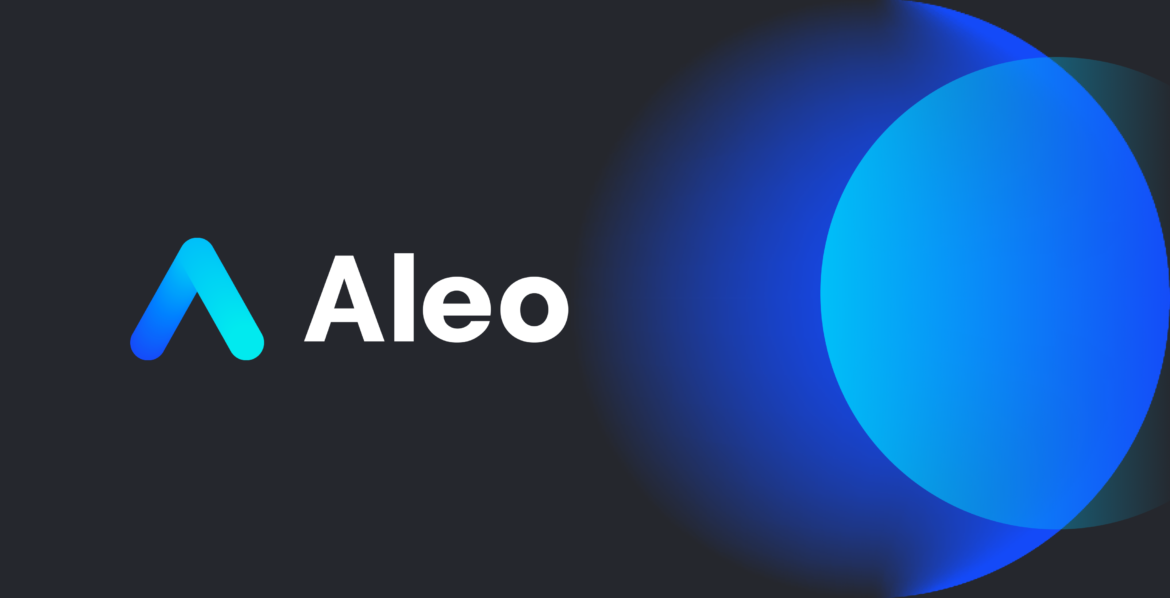The lovechild of Ethereum programmability and Zcash privacy is getting a funding boost from SoftBank, Tiger Global and others.
Pledging to launch its private, programmable Aleo blockchain network “later this year,” crypto startup Aleo Systems Inc raised $200 million in a recent funding round.
SoftBank and Kora Management co-led the company’s Series B, with big-name venture capital firms such as Andreessen Horowitz (a16z), Tiger Global, Samsung Ventures and others joining in.
The round comes as Aleo shifts into layer 1 launch mode. Its privacy-focused tech differs substantially from decentralized finance’s most popular programmable blockchains, like Ethereum with its built-in openness. That makes Aleo’s success hardly a guarantee, even in a frothy market.
The timing is perhaps more interesting given recent privacy-related developments in the wilds of DeFi. The Avalanche-based DeFi platform Wonderland was crippled following revelations that a pseudonymous executive was previously involved in the infamous QuadrigaCX collapse.
Nonetheless, Aleo’s backers believe there’s demand for scalable privacy networks. In an interview with CoinDesk, COO Alex Pruden, an a16z veteran, said regulators, consumers and businesses could all benefit from the system Aleo plans to deploy.
Privacy tech
Pruden said Aleo will promote privacy-focused DeFi programmability.
“The way to think about it is, Aleo is like if the Ethereum model and the Zcash model had a baby,” he said. (Ethereum is a dominant smart contracts blockchain and Zcash is a privacy-focused transaction platform.) An alternative analogy: “Zcash with smart contracts.”
Aleo’s privacy chops derive from the same privacy tech underpinning Zcash. Zero-knowledge proofs (ZKPs) are a method of authenticating the validity of a crypto transaction without broadcasting its details; this allows users to keep their money matters private.
“Zero-knowledge execution,” or Zexe (pronouced “sexy” with a Z), is Aleo’s smart contracts-friendly evolution of ZKPs. It will see users execute off-chain transactions that pair with on-chain cryptographic proofs. Crunching often complex transactions off-chain promises more “scalability, efficiency and privacy” than doing it all on-chain, according to Pruden.
Ethereum’s on-chain computations slow down that network, he said. That on-chain, off-chain dichotomy is part of the reason why Aleo’s smart contracts will not be Ethereum Virtual Machine-compatible.
A new smart contracts programming language called “Leo” takes the place of Solidity, Ethereum developers’ lingua coda.
A critical company
Aleo Systems Inc. is poised to wield an outsize role in its eponymous blockchain’s growth, according to Pruden’s account. Acting as a caretaker, core developer and hype man for the network, it plans to ultimately build a profitable business atop the open-source blockchain.
“What better team or company to build a business on top of an existing layer one than the team that built the layer one, right?” Pruden said. “It’s like a flywheel, a virtuous cycle.”
Pruden said the company hasn’t committed to decentralizing Aleo’s governance, but it hasn’t ruled it out, either.
Regardless, the $200 million will help Aleo Systems pump life into its pet project.
“That’s really what the Series B is all about: Raising additional capital for that purpose to build products and services on top of the Aleo Network,” Pruden said.
